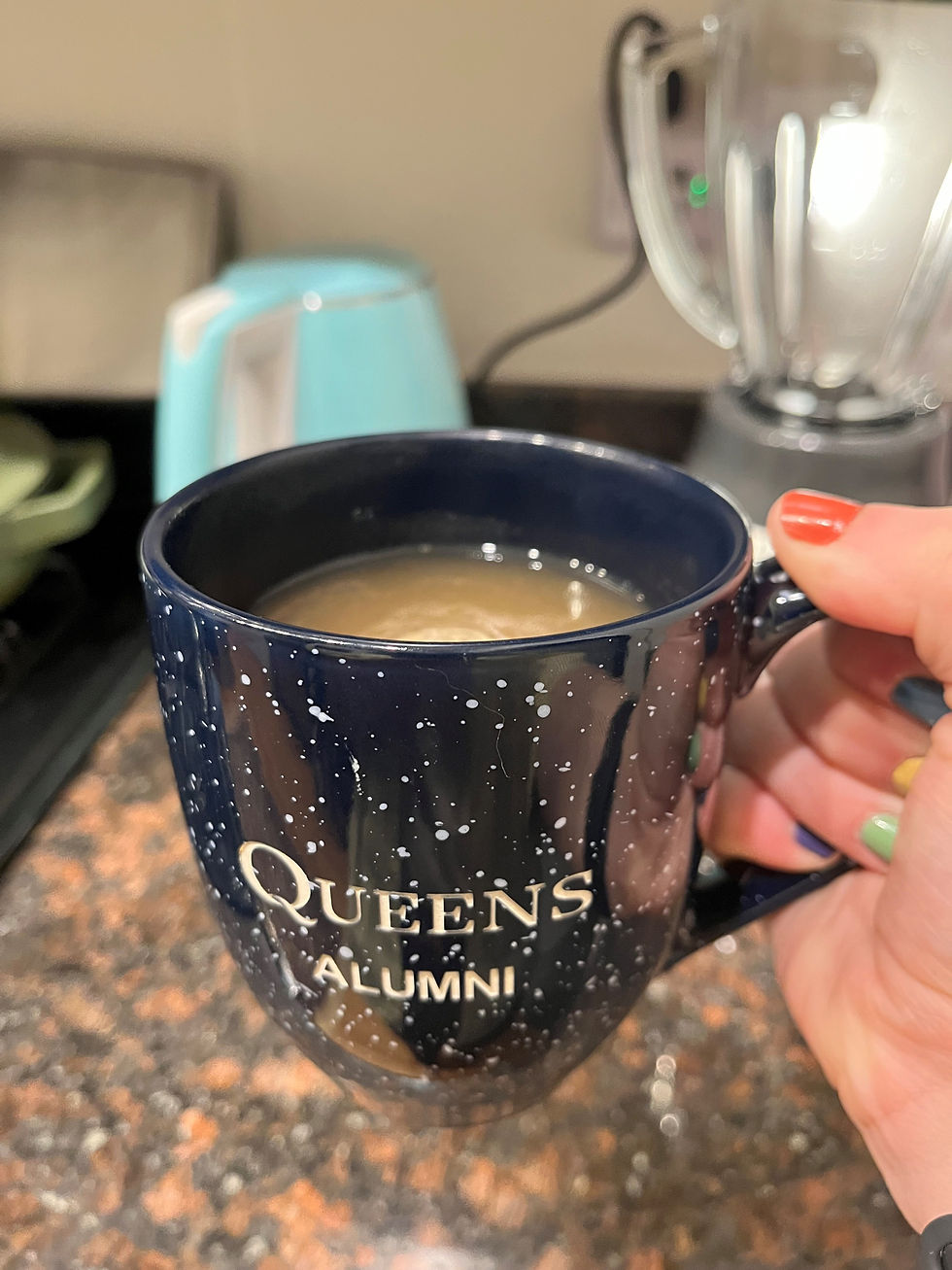Board-Certified Music Therapist or Music Volunteer?
- Harmonic Changes Therapy Services

- May 12, 2022
- 3 min read
Music has served a purpose in communities for centuries - through gatherings of celebration, in times of mourning, and in the healing process. Music has been beneficial long before White/Euro-Centric researchers began to study and label its benefits for society. However, research has played a prominent role in understanding the how and why. It has opened up opportunities to explore education, certification, and licensure in the field of music therapy. Essentially, research has allowed professionals to use music as a tool for healing and be compensated within a capitalist society that does not typically equate the value of or naturally connect art and science.
At the infusion clinic, many people assume I am a volunteer with a religious group. I understand this to be a testament of how music has remained part of the healing process throughout human history, rather than feel bothered that they are unaware of music therapy. As a reminder, these clients are not here for music therapy, and I see this as an opportunity to inform them about music therapy, what music therapists do, and how our work differs from that of a volunteer (including funding). When I explain I am contracted and funded by the hospital, this sometimes provides relief to people who presume they owe compensation for my services and they are more willing to partake.
How are music therapists and music volunteers similar?
Music volunteers and music therapists can be found in common settings, such as hospitals, elder care facilities, even mental health centers. Both music therapists and music volunteers provide music experiences that foster connection, relief, and/or distraction from pain. Depending on musicianship, they can also offer a wide song selection to meet participant preferences. A music volunteer might have strong intuition, recognize patterns of positive change, and notice how their decisions effect the person they are playing for. Music therapists receive training in these areas.
What is unique about music volunteers?
Volunteers who play music may or may not have formal musical training, but are often dedicated and have honed their skills. They might engage with individuals without maintaining personal boundaries, and might not realize that they are bringing their own issues into the interaction, which can affect the intended music experience. However, their intentions are usually positive and would not cause intentional harm. Volunteers often do not have training on the importance of song selection or know how specific songs might affect someone they are playing for, but they may identify as naturally intuitive and have years of experience doing this work. If a person is experiencing distress during the intervention, a volunteer might not know how to ‘hold space’ or navigate this situation appropriately, but would ideally understand the limits of their capacities and seek support from others nearby. Music volunteer work is not goal-oriented or clinically informed, but still has many benefits. To be clear, the intention of this post is to highlight why music therapy training is valid and requires appropriate compensation for the kind of work we do, not to invalidate the important work music volunteers also do.
What is unique about music therapists?
Music therapists receive training in music and psychology. We use music as the "agent of change" rather than a performance. We structure our sessions with the intention of meeting clinical goals. We develop therapeutic rapport and establish boundaries to keep the focus centered on the client. While we are trained to ‘hold space’ with our therapeutic presence, music can often ‘hold the space’ in a way that allows for the client to experience a deeper connection and externalization of internal stress. When appropriate, we can provide psychoeducation about what the client is experiencing during music interventions. Our level of musical skill allows us to focus on the client, rather than needing to think about the chords and rhythms while we play. We learn to respond to the client and offer a music intervention that is appropriate; a receptive music intervention, a breathing exercise, a guided meditation, song-writing, collaborative music making, etc. We are trained to assess and interpret signals with clients who do not use verbal languages to communicate, and we can adapt music experiences to meet the needs of clients who have unique cognitive and/or physical needs.
Ultimately, patients will benefit from interventions provided by music therapists and music volunteers. Similarly to talking to a dear friend compared to seeking support from a mental health provider, both may provide immediate support, but trained, certified, and licensed professionals will provide long-term tools and treatment.








Comments